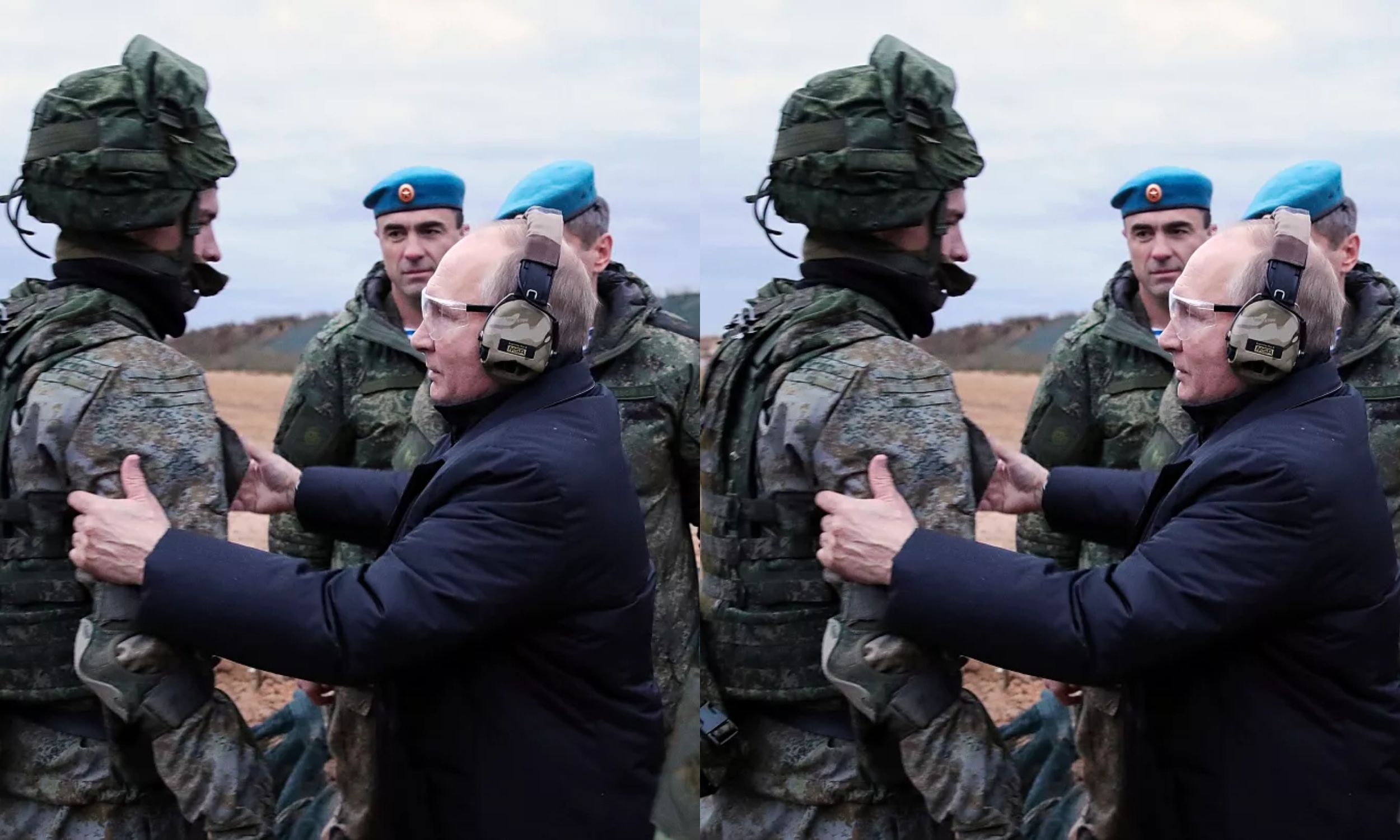Russia has started a propaganda campaign to recruit German speakers for its army and the Wagner mercenary group, trying to use ethnic minorities as cannon fodder.
This campaign has focused on ethnic Germans in Russia, known as “Russlanddeutsche,” emphasizing youth recruitment through organizations purportedly representing their interests.
Propaganda materials, such as those issued by the Tomsk Regional Russian-German House, bear the entwined flags of Germany and Russia, urging ethnic Germans to support the armed forces and attend pro-war events.

These efforts aim to leverage German culture against Ukraine, creating a potentially embarrassing situation for Berlin, especially as it deals with espionage and plots involving Russian-German dual citizens.
The estimated 400,000 Russian Germans in Russia, historically marginalized and persecuted during the Soviet era, now face concerted efforts to enlist them into military service.
Groups like the Novosibirsk Regional Russian-German House have hosted pro-invasion summits, and community leaders have encouraged young men to join Wagner, questioning their bravery if they do not.
Victor Dietz, a Russian-German community leader, has provocatively suggested that half of the young men might flee while the rest join Wagner, creating “big noise.” This rhetoric highlights the pressure on the minority group to participate in the conflict.
Propaganda leaflets, known as “combat sheets,” promote patriotic education projects by organizations like the Tomsk Regional Russian-German House.
Additionally, ethnic German poet Valentina Hertzen has participated in memorial ceremonies, reading her work to soldiers involved in the war in Ukraine.
The Society of Germans of Zaporizhzhia, an ethnic German group in Ukraine, has exposed this propaganda and called on German authorities to intervene.
They have urged Russian Germans to resist participating in the war, emphasizing the historical abuses faced by ethnic Germans during WWII and drawing parallels to current events.
This situation underscores the broader strategy of the Kremlin, which has largely avoided conscripting Moscow’s middle class, relying instead on ethnic minorities like the Buryats and now attempting to co-opt the German-speaking minority. This tactic is particularly troubling given Germany’s outstanding support for Ukraine, including military aid and financial assistance.
The Society of Germans of Zaporizhzhia has also highlighted the difficulties faced by anti-war Russian Germans in seeking asylum in Germany, noting that many have relocated to Georgia and the US to escape persecution.
Their appeal to the German government and international organizations underscores the urgency of addressing this manipulation of ethnic and cultural ties in the context of the ongoing conflict.
